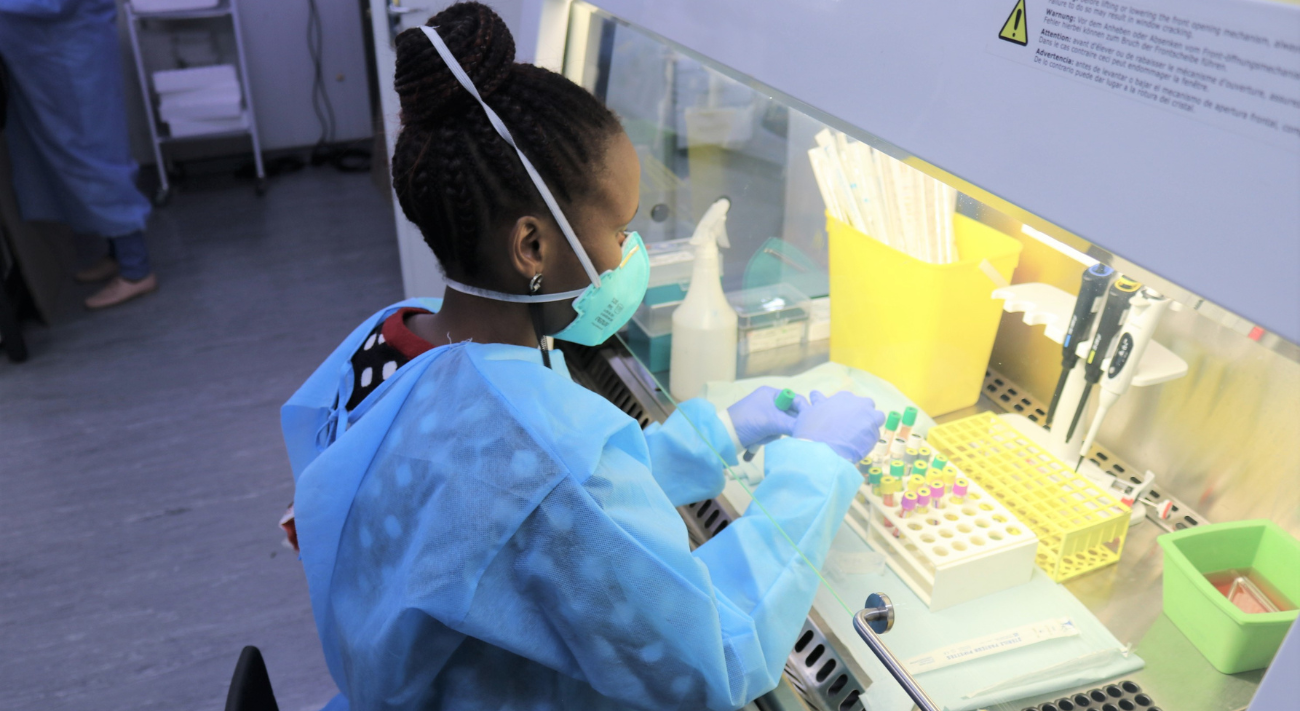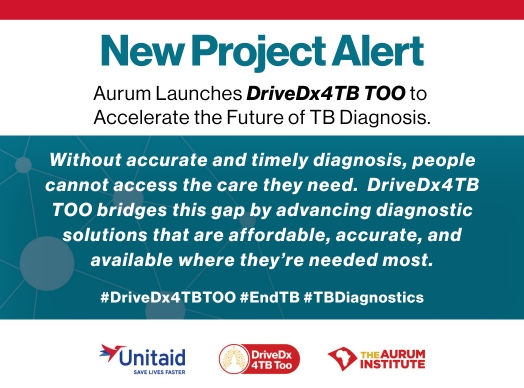Johannesburg, South Africa - May 13, 2024 - The Aurum Institute is the new custodian of key assets from IAVI's Human Immunology Laboratory (HIL), highlighting the shared dedication of both organisations to locally-driven and globally impactful efforts.
These assets comprise samples derived from African epidemiological studies and HIV vaccine clinical trials, generously supported by the U.S. Agency for International Development (USAID) and other funders. Over the past two decades, these specimens, stemming from pioneering longitudinal studies, have served as a vital wellspring of research material, facilitating collaborative endeavors within the broader research and development community. They have provided invaluable insights into HIV disease progression and have been instrumental in shaping the landscape of immunogen design for the future.
Professor Vinodh Edward, CEO of Aurum South Africa, welcomed the move. "The Aurum Institute embarked on the establishment of its biorepository in 2016. Since then, we have expanded our infrastructure to offer a valuable resource to both local and global researchers. We are honoured to have been chosen as the IAVI biorepository in Africa following a rigorous selection process. Integrating this repository into our existing facilities, we pledge to uphold global standards in sample storage and transportation. We extend our gratitude to USAID, IAVI, and the ADVANCE researchers for entrusting us with this responsibility."
Of particular note, these samples led to the landmark discoveries of new HIV broadly neutralising antibodies (bnAbs) in 2009, garnering worldwide attention.The discovery of potent bnAbs marked an important milestone in the field and changed our understanding of what might be possible for the development of an HIV vaccine — sparking a new era of HIV vaccine development that IAVI and partners are pursuing, with promising early results.
For over two decades, the HIL played a central role in strengthening African and Indian scientific laboratories, fostering the establishment of fully accredited Good Clinical Laboratory Practice (GCLP) facilities across the continent. HIL-enabled progress included technology transfer of multiple innovative and critical research laboratory tools to Africa and India in support of the conduct of innovative clinical trials as well as important basic and translational HIV research.
The Aurum Institute looks forward to continuing this legacy of excellence and collaboration, furthering the quest for innovative solutions to combat infectious diseases on a global scale.














